Contributor: Jacob Adler
Work and Life is a radio program hosted by Stew Friedman, director of the Wharton Work/Life Integration Project, on Sirius XM’s Channel 111, Business Radio Powered by Wharton. Every Tuesday at 7 pm EST, Stew speaks with everyday people and the world’s leading experts about creating harmony among work, home, community, and the private self (mind, body, and spirit).
Ben Mand is Senior Vice President of Brand Marketing & Innovation at Plum Organics where he’s been instrumental in strengthening Plum’s core mission, developing the brand campaign, and the launch of more than 30 new products, helping to accelerate the brand from the #3 to the #1 organic baby food company. Prior to joining Plum, Ben worked in Marketing and Innovation roles at General Mills and Johnson & Johnson. While at General Mills, Ben made an impact as a change agent, driving improvements in health, sustainability, and social impact while delivering consistent sales and profit growth for well-known brands, including Progresso, Pillsbury, and Yoplait. He spoke with Stew Friedman about Plum Organic’s Parenting Unfiltered program and more.
The following are edited excerpts of their conversation and the full podcast.
Stewart Friedman: Can you give us a brief introduction to the Plum Organics Parenting Unfiltered Campaign?
Ben Mand: I have a nine-year-old and a six-year-old and so Parenting Unfiltered was very near and dear to my own heart as well as for my teams. One of the things that struck us as we thought about our brand and our role as a partner for parents, and as we looked at the marketplace, marketing, and what parents were posting on social media, was that a lot of those picture-perfect moments – and they’re something we all really enjoy and they’re great when the entire family is all facing camera, all smiling – are so rare when they actually happen.
SF: And this is one of the problems of social media; we’re all feeling bad about ourselves because everybody is else projecting the perfection of their lives.
BM: That’s exactly right. You see on social media an image of when you go to the Giants game, or the Phillies game, or whatever it might be, and that is a great moment. Those moments need to be embraced and cherished, of course. Our point was that’s really one percent of what really goes on. Our thought was to share and celebrate the realities of parenting – the good, the bad, the downright smelly, whatever it is – to reveal what’s real and embrace that. Our philosophy is there’s something real and amazing that comes from the other 99 percent as well. You bring up a really important point. You look at those perfect images, whether it be a marketing ad or things that are put on social media by other parents and you think that that is the norm. You see that as the standard and you reflect on the morning you had with your family, or the last week, and that picture perfect moment is such a rare moment. The other times it’s running late out the door and the kids haven’t finished their breakfast. There’s the myriad of things you faced as a family. And what I think is important to recognize, and what I want parents to recognize, is what we see oftentimes in social media is just the one percent of what really happens and we all have our challenges. There’s so much to this parenting thing. If you love your kids and you’re doing the best you can, then chances are you’re doing a great job.
SF: The video, which is fantastic, comes in a couple of different lengths. Where can people see it?
BM: You can see it on ParentingUnfiltered.com, YouTube or on our Facebook page. Those are easy places to see it.
SF: So it’s Plum Organics Parenting Unfiltered. What is snapshot of what this video does?
BM: We spent time thinking of all the different moments that are really real, that cut through the classic, cliché beautiful moments, that are challenges, that we wanted to bring to life. Whether it be pumping at work for a mom, or that evening where you just sat down as a couple and you have a glass of wine and you’re just about to start doing some work and the baby monitor goes off and the baby is crying. You just look at each other and figure out whose turn it is. It’s just bringing to life those moments, which can be challenging.
SF: It brings to life the hard part, which is of course where so much of the sublime pleasure ultimately comes from. Your campaign is really a breakthrough in cutting past the gloss out there that makes so many people feel bad about themselves for failing to have the perfect family life as seen on Facebook. Where did the motivation come for this campaign and what’s the impact been?
BM: The motivation came from two places; business and personal. There are so many brands that have come out in the marketplace and how can we at Plum Organics stand out and be different? There was that functional business aspect of it. As we talked about it as a team, what really pained us, and this is definitely true for me, there’s so much judging that goes on and there’s so much guilt that goes with parenting and we wanted to be able to reveal that and tell parents that they’ve got this and that they shouldn’t feel like such failures. There was a personal element for us as well. We know that we’re not the only ones that feel this way. It was very therapeutic as we developed the campaign to recognize that it was really rewarding for us and helped unlock something inside. We felt there was an opportunity for us to do this with parents across the country as well.
SF: I’d love to hear more about how that unfolded, the dynamics among your team. You said it was therapeutic, can you say more about how “revealing the real” and somehow enhancing your acceptance of the real was useful to your team?
BM: As we were thinking through the different situations, we talked about things that often aren’t talked about in the workplace. You might, with one of your close colleagues, talk about these challenges or funny moments or challenging moments, but rarely in a bigger forum, and we talked about the challenges that comes with it.
SF: How did you do it? How did you make that happen with your colleagues?
BM: I think it comes from a leader standpoint. It had to come from me. I set the tone as to what is acceptable. Whether I recognize it or not, people take their cues from me. I do have a natural bias for being very transparent, so I shared these things and there are times where I’m late for work or I have to leave early, whatever it may be, and I’m very transparent about those situations. As we were discussing those things, I was pretty transparent with some of these challenges. When I talked about the husband and wife on the couch, it hit home hard for me because my wife and I have had those challenging moments where we both are trying to balance careers and being great parents. There are times where we figure out who needs time in front of the computer most. These were very real and raw resonant moments for me.
SF: By talking about the reality of tensions in your own family life and being able to fit all the pieces together, which is always a challenge, and encouraging and modeling that behavior for others, while you’re developing the campaign to display this, what are the kinds of things that other people shared that helped you to create the video? I’m also really interested to know how that changed how you worked together?
BM: I’ll start with how the elements came together for the video. As I think about, and this is not something I’ve personally had to deal with, but certainly pumping at work and how you store that even when you travel, I know my wife goes through it, that one was a no-brainer to be in the video because it was a real pain point. It is that very visceral challenge of on some level you need to be there for your little one and you want to be there for your little one, but you’re using this device and where do you do it. There were stories of being in the bathroom or various locations, there’s not always a great location to do it. If you’re traveling, how you store it and all those challenges. Those were some real moments for the team. Honestly, for me and for the team, our ability to talk about it really stems from the type of organization that we are. Our philosophy is to bring your own self to work. It actually has to start with universally being a real culture and having real conversations. When you have that as your foundation, it’s easier to be candid about the challenges of parenting.
For me, when I first started at this organization, this was the company I wanted to work for. One of the challenges of moving to the Bay Area is that it’s incredibly expensive and it’s tough to break into this market. We had two kids and one car. I rode my bike to work or took a bus or ran, which is kind of funny. I could use that run right now, as I do not work out nearly as much. I had to leave everyday by about 5:30 so I could catch a bus to get home so I could get the kids from the aftercare program, which closed right at 6, and usually I would have a couple minutes to spare. When we’re a small startup and we’re struggling to get by, I did often have these feelings that I was coming across as somehow letting the organization down or that they didn’t feel that I understood how much we had to do as an organization to survive.
SF: Was that in your head, or was that real for other people?
BM: It was in my head. I had a number of people, who after a while, pulled me aside and thanked me for doing that because they were struggling with the same things. For me, it was that I had to out of necessity. I had to pick up the kids and there were no two ways about it. It was good that it was forced that way. As a parent, I always struggle with being a great dad and doing a great job for my company and for my team. Those people were somewhat surprised that I would walk out the door at 5:30. One colleague told me that she had written and email but she would set it so that the email would not go out until 10:30 at night to signal she was burning the midnight oil, which never dawned on me. That’s the wrong behavior because it perpetuates what others feel that they have to then do. This campaign and how we’ve approached it has let us get real. Frankly, for some folks, they would say as you strive to have that integration and balance, how do you get things done? I would argue what it does is it takes the stress and guilt and it doesn’t take them completely away, but it certainly minimizes and reduces that. I think the performance is just as good, if not even stronger, because we’re honest about it and have provisions and flexibility so that parents can attend to the things that they need to and want to outside of work. When they’re able to do that, everyone is so much more committed. I’m far more productive and I feel the team is far more productive when they can be their whole self at work and know that they did the things they needed to do. This morning, I was in my daughter’s class and I worked on reading with her class. It was something I did before work, so I got to work 20 minutes late.
SF: How did that help your performance at work? Why would the people at Plum Organics be happy to know that you were doing that?
BM: One, I make every minute matter during the day and I find I’m much more productive. Two, I find ways to do the things I need to do and I’m also more selective in just making sure I’m present or participating in the things I need to participate in.
SF: You’re more focused and conscious of your real priorities, and of course, that helps everybody around you and it probably helps them to do the same.
BM: I think it does. I do see a change in behavior. I think it’s something you have to continually remind folks of, you have to be that positive role model as you much as you can, but I do see things change as an organization. I care about the long run, so I don’t want people to burn out. I want people to have the right kind of balance, and it’s different for each person. For some folks, if they have a longer commute then they’re working from home more days. For other folks, they want to come in super early and leave early. That’s fine. I find with each person it’s important to understand their situation and what means what to them, and find a solution that works for them and the organization.
SF: This is the work we’ve been doing at Wharton for 25 years, is to help people learn through our research, teaching, and practice, how to pursue what we call four-way wins. That is action that you can take that benefits your work, home, community, and yourself personally. One of the core ideas is that everybody’s different and everybody requires a different customized solution but everybody is also thinking about what they can do to make adjustments that are going to work for them personally for their families but also us as an organization. When you take that approach and you try to make it reality in your organization, you get exactly what you’ve been describing with your wonderful and really exemplary role model. You get enhanced commitment, you get prioritization, and people feel good about themselves at work. They’re more confident, they’re more able to innovate. Congratulations on making that a reality and it’s so wonderful how you’ve woven that into this remarkable campaign. I wonder what sort of impact you’ve had on the marketplace in terms of your brand with the Unfiltered Campaign. What feedback and reaction have you gotten?
BM: It’s been overwhelmingly positive. A number of organizations that hold awards have awarded us with best social, best video campaign of the year. That’s because it’s so resonant; it actually addresses something that’s very real for parents. That certainly has been positive. For me, I found it really rewarding looking through the comments and reading what people are saying, it really is positive that they see themselves in this and they recognize that this is what parenting is. It’s endearing to see couples sharing it back and forth. Knowing that at the end of the day, we’re partners and advocates for parents and our job is to make each step better and easier for them. We do that from a product standpoint, but certainly we want to do that from a soul, mind, and body standpoint. So if we can take some of that judgment away and help them understand they’re in the same boat as all the rest of us, then we’re successful.
SF: It’s such a powerful idea and it’s incredibly well-executed to make people feel less guilty for not being the perfect parent, and making normal the messiness. It’s a wonderful public service and it seems like such a natural and brilliant way to convey what you brand is about. I congratulate you and have great admiration for what you’ve done with this campaign. What’s next for Plum Organics? How are you going to build on this?
BM: We feel it’s an ongoing conversation. We started this journey a year ago and we’ve done a number of different things, and we’re going to continue the conversation. There are a number of smaller moments, conversations — Mother’s Day, Father’s Day – we have some great ways to break through with parents and continue this notion of Parenting Unfiltered to bigger moment that we think will come later in the year.
About the Author
Jacob Adler, W’18, is a sophomore at Wharton and a contributor at The Daily Pennsylvanian, numberFire, and Fake Teams.
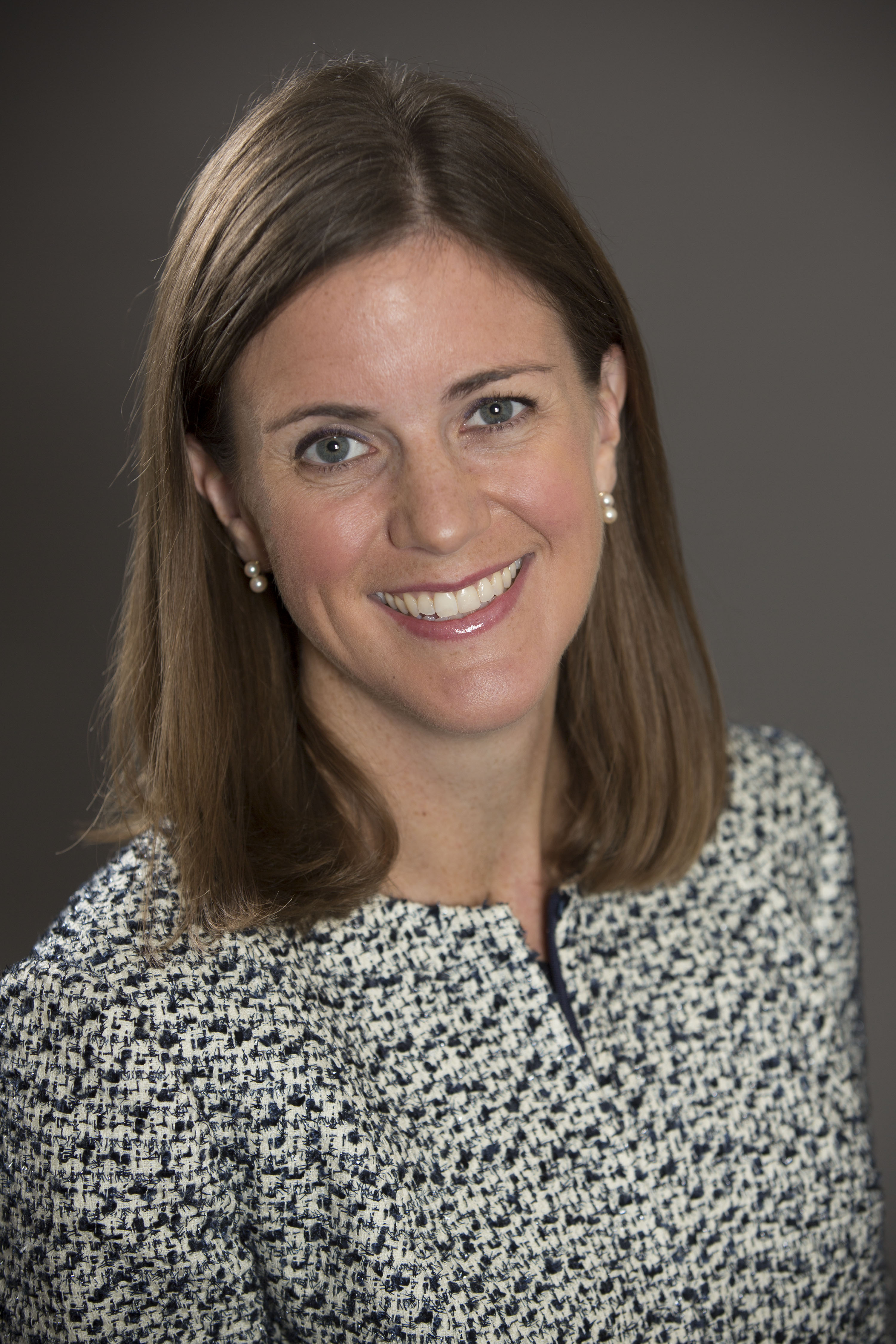
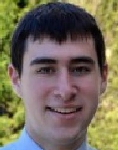 W’18, is a sophomore at Wharton and a contributor at The Daily Pennsylvanian, numberFire, and Fake Teams.
W’18, is a sophomore at Wharton and a contributor at The Daily Pennsylvanian, numberFire, and Fake Teams.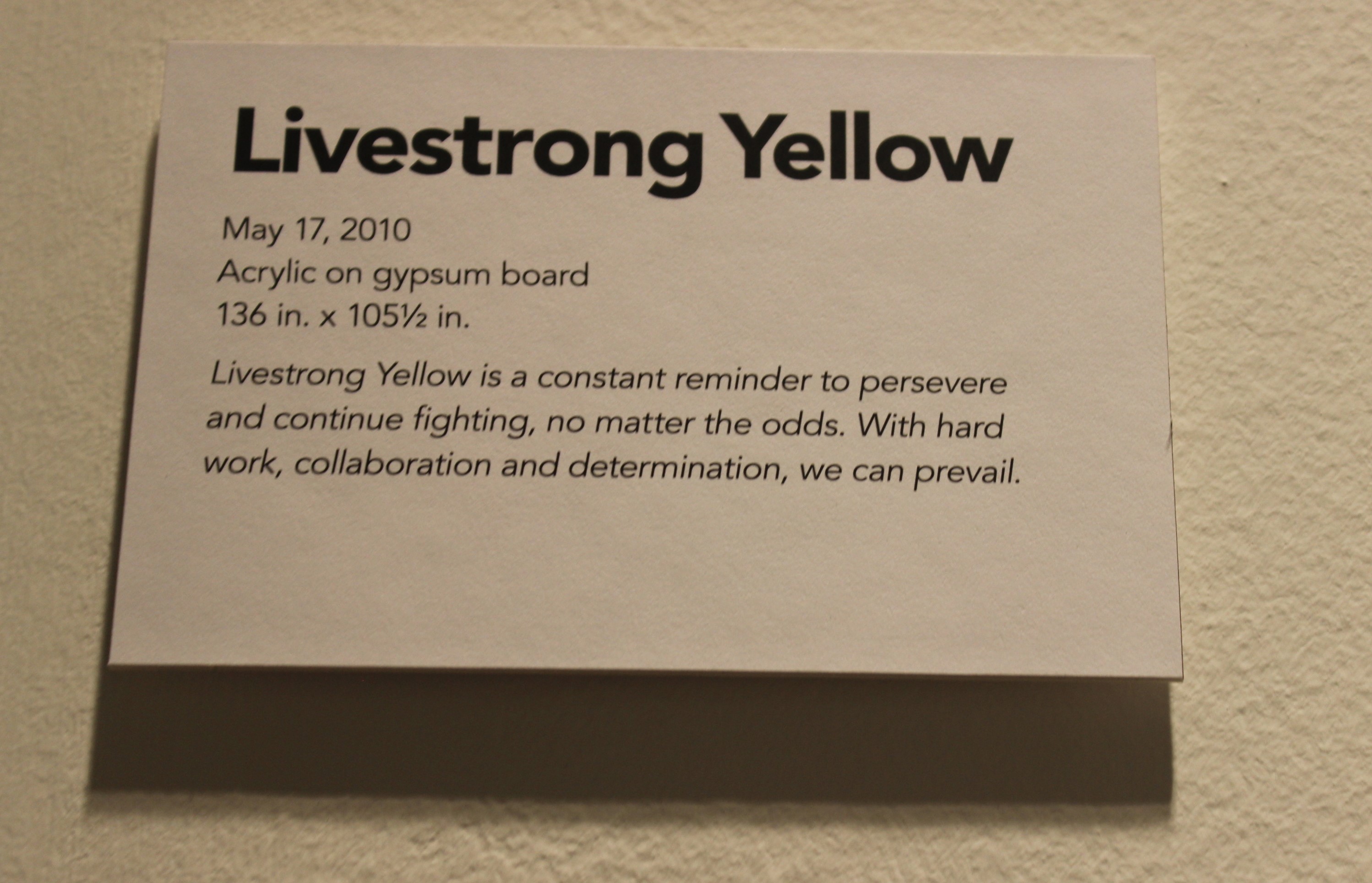
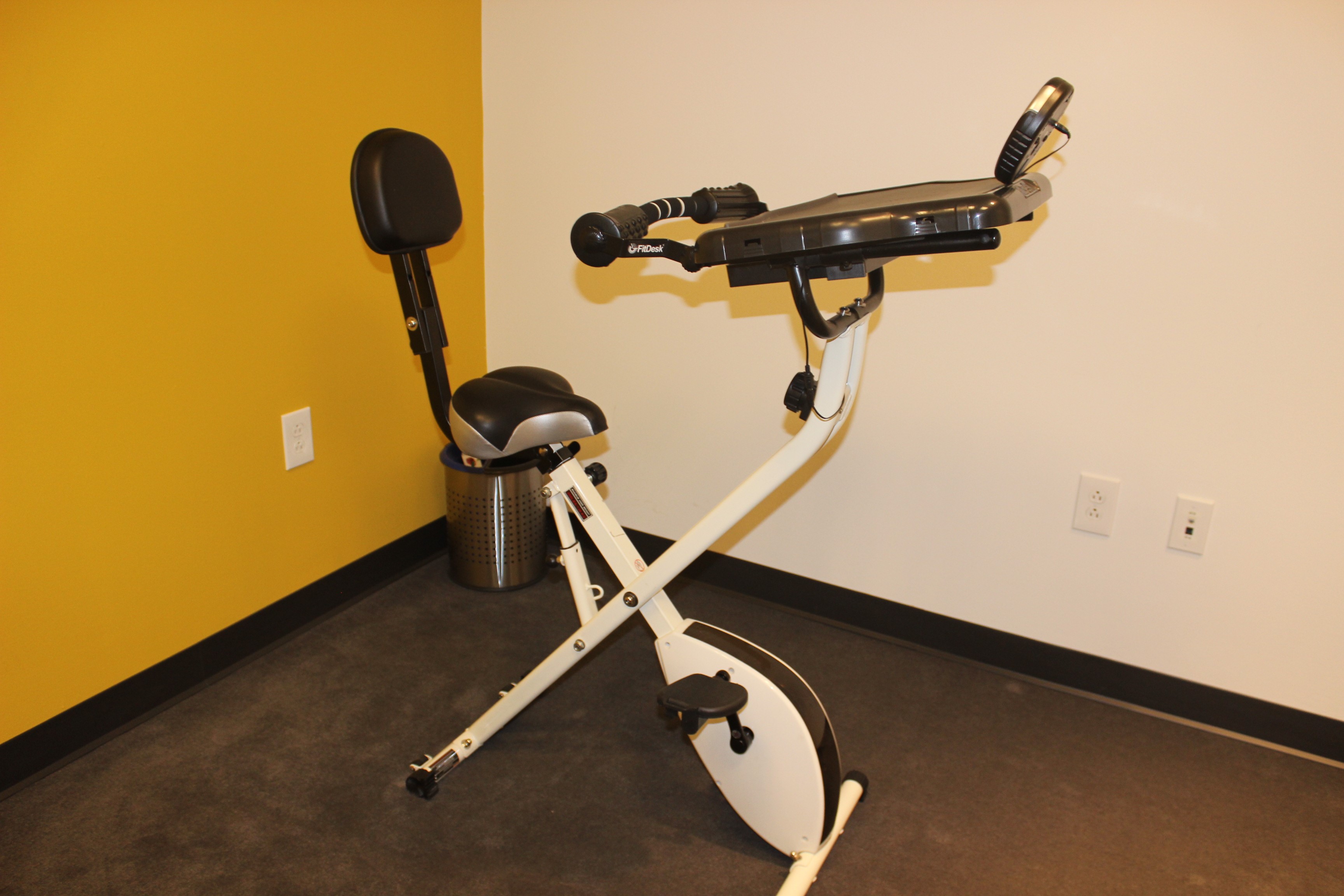
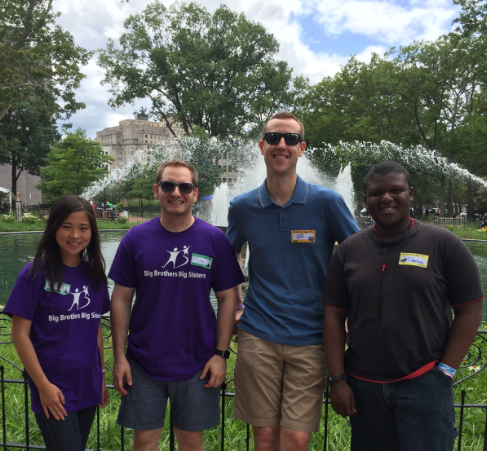
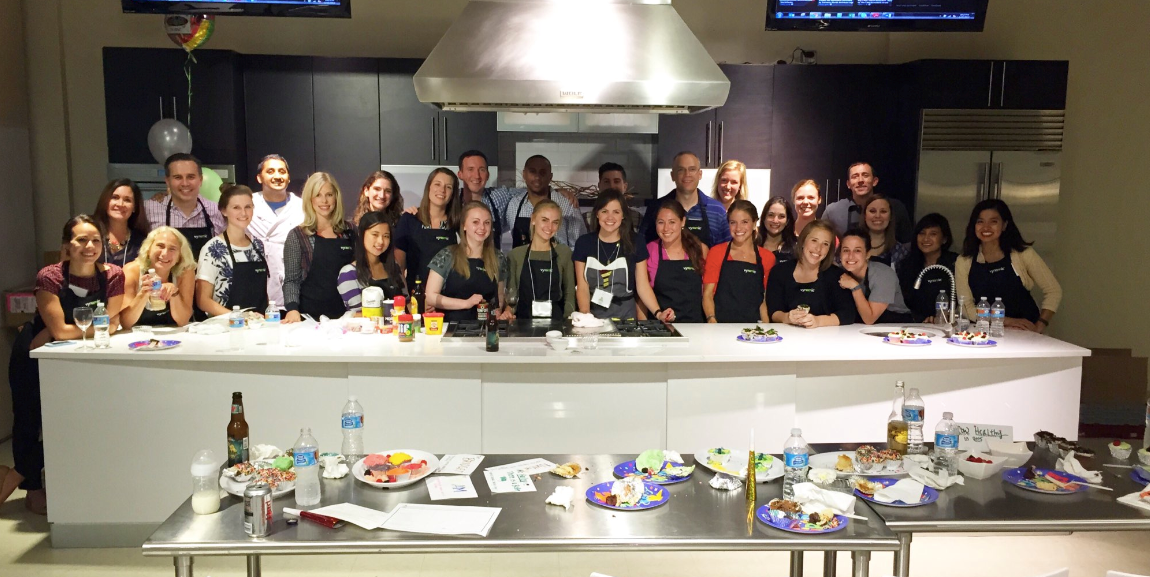

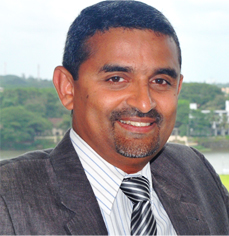 It was risky, but I think I planned the change really well; it was possible because I had the global exposure. I could work with anyone around the world, I already had global expertise. I had proven myself in three different continents, and I could fly out at any time to perform my job and then fly back to live in my little village.
It was risky, but I think I planned the change really well; it was possible because I had the global exposure. I could work with anyone around the world, I already had global expertise. I had proven myself in three different continents, and I could fly out at any time to perform my job and then fly back to live in my little village. is an undergraduate freshman in the Vagelos Program in the Life Sciences and Management at the University of Pennsylvania.
is an undergraduate freshman in the Vagelos Program in the Life Sciences and Management at the University of Pennsylvania.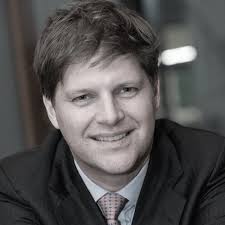 Well, I should say that I got to buy in at discount. I was one-third of that, and my bidding partner Mohnish Pabrai was two-thirds of that. I went with my wife, and Mohnish went with his wife and two daughters, so I was one of six guests. If you think of the numerous amounts that we’ve given to charity, where all you get is a plaque or your name on a building but you don’t get to hang out with somebody who’s unusually interesting, then it already puts a different light on it. Mohnish understood more than I did at the time that to spend time in the company of extraordinary people is – if you can afford to do it – very, very worthwhile, even if you have to spend a lot of money on it. There are a small number of people who’ve figured out an awful lot more than we have, and while studying them from afar is good, being in their presence can be an extraordinary growth accelerator.
Well, I should say that I got to buy in at discount. I was one-third of that, and my bidding partner Mohnish Pabrai was two-thirds of that. I went with my wife, and Mohnish went with his wife and two daughters, so I was one of six guests. If you think of the numerous amounts that we’ve given to charity, where all you get is a plaque or your name on a building but you don’t get to hang out with somebody who’s unusually interesting, then it already puts a different light on it. Mohnish understood more than I did at the time that to spend time in the company of extraordinary people is – if you can afford to do it – very, very worthwhile, even if you have to spend a lot of money on it. There are a small number of people who’ve figured out an awful lot more than we have, and while studying them from afar is good, being in their presence can be an extraordinary growth accelerator. is an undergraduate junior majoring in Operations and Information Management and in International Relations.
is an undergraduate junior majoring in Operations and Information Management and in International Relations.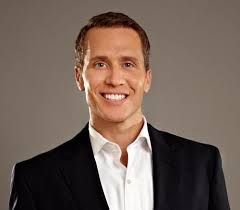 I’ve truly learned a lot from both of those experiences. I started boxing when I was at Duke University—college kid going down to a gym in the inner city there in North Carolina. What was fun for me was that I had this great boxing coach named Earl Blair. Earl Blair had grown up in the Depression, served in the military at the tail end of World War II, and was working in a warehouse when he was coaching me. His real passion, though, was teaching boxing, and he was really teaching life at night to a bunch of kids who really needed it in this gym in the inner city. One of the things that Earl always said to me when I was boxing was to “watch Derek.” Derek was one of my training partners—he was about 26 years old, a professional fighter, and a construction worker. Every time I’d step up to the heavy bags, to the speed bags, to the jump rope, Earl would always say, “Watch Derek.”
I’ve truly learned a lot from both of those experiences. I started boxing when I was at Duke University—college kid going down to a gym in the inner city there in North Carolina. What was fun for me was that I had this great boxing coach named Earl Blair. Earl Blair had grown up in the Depression, served in the military at the tail end of World War II, and was working in a warehouse when he was coaching me. His real passion, though, was teaching boxing, and he was really teaching life at night to a bunch of kids who really needed it in this gym in the inner city. One of the things that Earl always said to me when I was boxing was to “watch Derek.” Derek was one of my training partners—he was about 26 years old, a professional fighter, and a construction worker. Every time I’d step up to the heavy bags, to the speed bags, to the jump rope, Earl would always say, “Watch Derek.”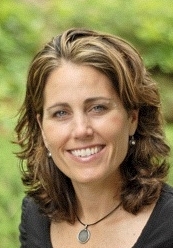 I think probably my parents helped. I was the fourth of four kids and maybe it was a consequence of being the fourth or maybe they were just hands-off, in a positive way, to the point of not coming to soccer game when I was little. I was not ever dependent on their praise. Everything I did I did it because I wanted to. I was innately competitive.
I think probably my parents helped. I was the fourth of four kids and maybe it was a consequence of being the fourth or maybe they were just hands-off, in a positive way, to the point of not coming to soccer game when I was little. I was not ever dependent on their praise. Everything I did I did it because I wanted to. I was innately competitive.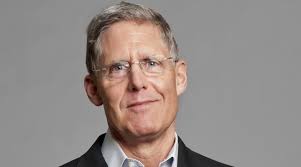 I heard recently that “days are long but life is short.” It’s important to step back and ask what matters. We are all different and have an opportunity to take advantage of our unique circumstance and gifts and apply those to achieve “success” as we define it. I try to step back and ask, “Have we achieved those things in life that matter most to us?” “What have you done with your gifts?” It’s not what’s in the bank or on paper.
I heard recently that “days are long but life is short.” It’s important to step back and ask what matters. We are all different and have an opportunity to take advantage of our unique circumstance and gifts and apply those to achieve “success” as we define it. I try to step back and ask, “Have we achieved those things in life that matter most to us?” “What have you done with your gifts?” It’s not what’s in the bank or on paper.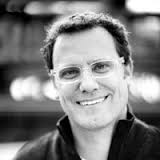 Work should be more like play, not playful. Serious, strategic, provocative, thoughtful, innovative, creative, spirited. Those were the things I wanted to affirm. I wanted to bring this important philosophy to executives to unleash imagination, and change organizations.
Work should be more like play, not playful. Serious, strategic, provocative, thoughtful, innovative, creative, spirited. Those were the things I wanted to affirm. I wanted to bring this important philosophy to executives to unleash imagination, and change organizations.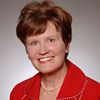 When I started childcare was my field because the question was “who’s going to take care of all the kids of the women we’re hiring? We’re not in that biz.” Now it’s morphed into something other than childcare – eldercare, the sandwich generation. We are now focused on new ways of doing work, workplace flexibility, not just childcare. Now it’s not just childcare and it’s not just about women. The power tool of the work/life field is flexibility, because the more flex-work options the business has the better they do financially.
When I started childcare was my field because the question was “who’s going to take care of all the kids of the women we’re hiring? We’re not in that biz.” Now it’s morphed into something other than childcare – eldercare, the sandwich generation. We are now focused on new ways of doing work, workplace flexibility, not just childcare. Now it’s not just childcare and it’s not just about women. The power tool of the work/life field is flexibility, because the more flex-work options the business has the better they do financially.